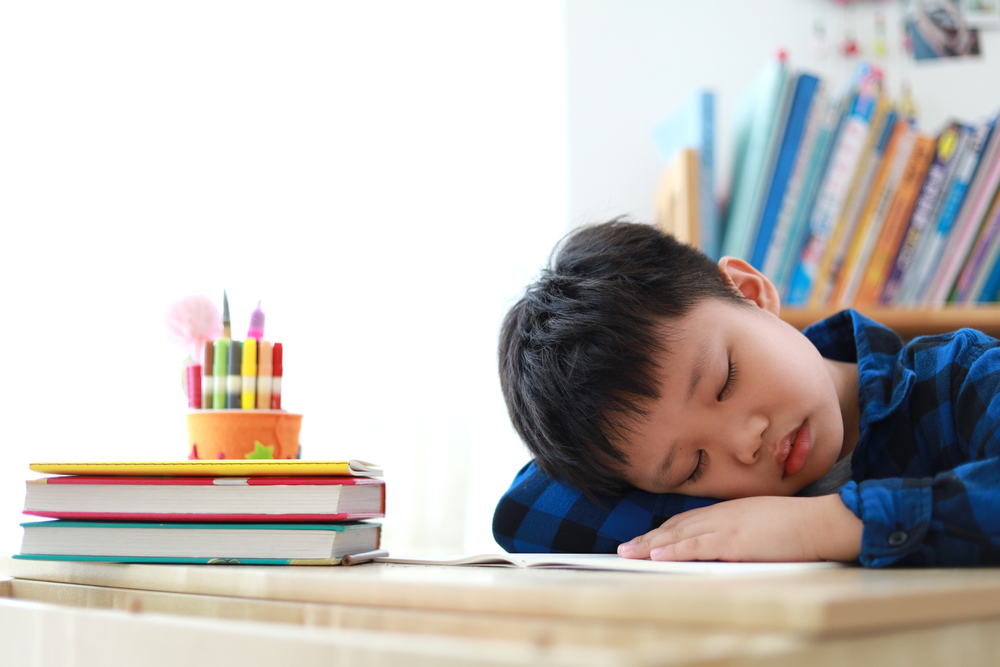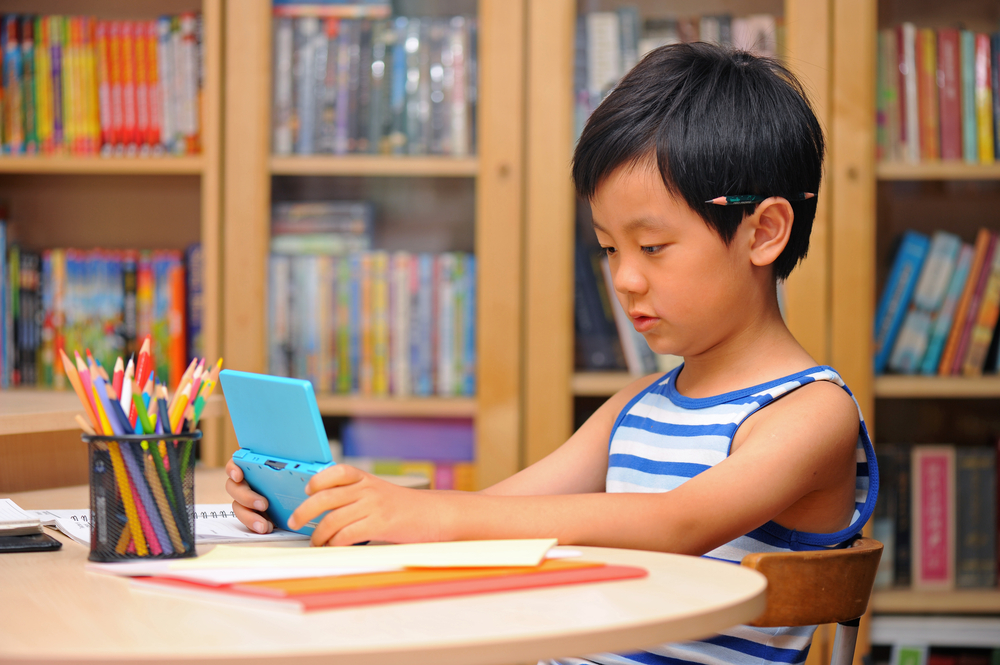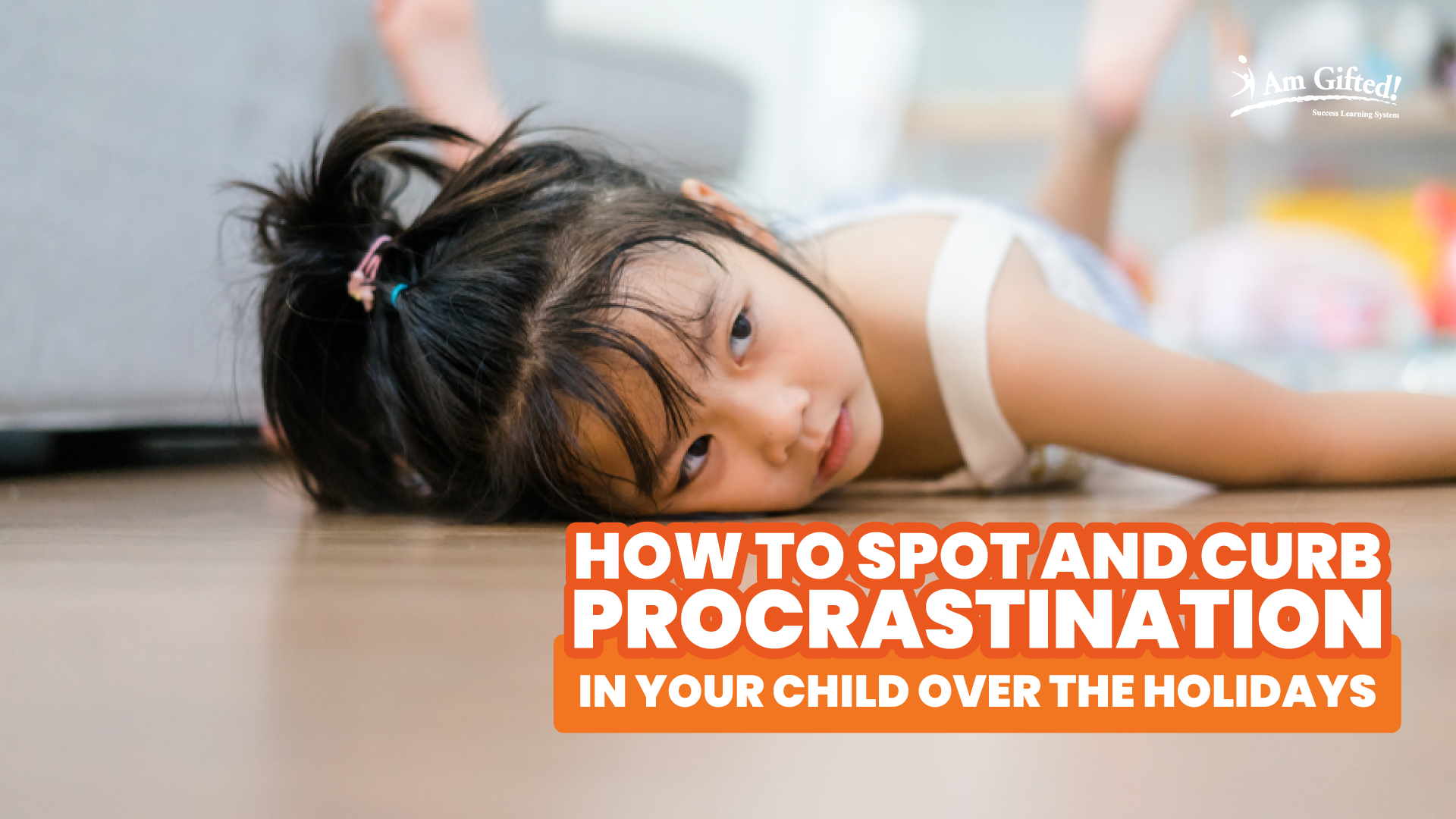How to Spot and Curb Procrastination in Your Child Over the Holidays
The school holidays are here, and while it’s a well-deserved break for children, it can also lead to unproductive habits like excessive screen time, irregular routines, and procrastination. For parents, the challenge is finding the balance between letting their child relax and ensuring they don’t lose momentum before the new school term starts after this March holidays!
Here’s how to identify procrastination patterns in your child and encourage productivity through fun, manageable tasks that keep them active and ready for the new year.
Signs Your Child Might Be Procrastinating
Procrastination often starts subtly and can go unnoticed. Look out for these patterns:

1. Frequent Delays in Starting Tasks
Does your child keep putting off their holiday homework or chores, saying, “I’ll do it later”?

2. Distracted Behavior
Are they glued to screens, spending hours scrolling through social media, gaming, or watching TV instead of engaging in other activities?

3. Avoidance of Responsibilities
Are they finding excuses to avoid anything that feels like “work,” even when it’s manageable?

4. Unfinished Projects
Are they losing interest in activities they were once excited about or leaving tasks half-done?
If you notice these signs, it’s time to intervene with supportive, proactive strategies to break the cycle.
Signs Your Child Might Be Procrastinating
Holidays disrupt routines, and without the structure of school, it’s easy for kids to fall into unproductive habits.
Too Much Free Time

With no deadlines, children can become complacent.
Excessive Screen Time

The lure of endless entertainment on digital devices often takes over.
Lack of Motivation

Without short-term goals, kids might struggle to find purpose during the break.
Tips to Curb Procrastination and Keep the Momentum Going
Help your child build a daily schedule that balances rest, play, and productivity. Include activities like outdoor play, creative hobbies, and time for family bonding.

1. Set Daily Mini-Goals
Break tasks into small, achievable steps. For example, instead of saying, “Finish all your holiday homework,” suggest, “Complete two pages of your math workbook today.”
| Why it works?
Mini-goals make tasks less intimidating and provide a sense of accomplishment, keeping kids motivated.

2. Create a Fun Holiday Routine
Are they glued to screens, spending hours scrolling through social media, gaming, or watching TV instead of engaging in other activities?
| Example Schedule
Morning: Holiday homework or a productive task
Afternoon: Outdoor play or a creative activity
Evening: Screen time (with limits) or family games
| Why it works?
A routine maintains structure while ensuring your child enjoys their break.

3. Encourage Screen-Free Time
Set clear boundaries for screen time and offer engaging alternatives. For example, suggest reading a book, drawing, or trying a new recipe together.
| Why it works?
Limiting screen time reduces distractions and encourages your child to explore new interests.

4. Involve Them in Goal Setting
Sit down with your child to set personal goals for the holidays, such as learning a new skill, completing a puzzle, or starting a creative project.
| Activity Idea
Create a holiday vision board with their goals and ideas for fun activities.
| Why it works?
Kids are more likely to stay focused when they feel ownership of their plans.

5. Celebrate Progress
Recognize and reward your child’s efforts, no matter how small. Acknowledge completed tasks or milestones with praise, family outings, or extra playtime.
| Why it works?
Positive reinforcement builds confidence and encourages continued effort.
Preparing for what lies ahead in 2025
The habits your child builds over the holidays can set the tone for the new school term. Procrastination is natural, but with a little guidance, it can be transformed into productivity and growth. By setting routines, encouraging goal setting, and reducing distractions, you can help your child enjoy a fulfilling holiday while staying on track for success in 2025.
If you’re looking for more ways to keep your child motivated and engaged, consider enrolling them in workshops like our I Am Gifted!™ Programme, where they’ll learn how to stay focused, set meaningful goals, and build the skills they need for the year ahead.
Let’s make this holiday one of growth, fun, and preparation for a brighter future! 

If it is possible for others, it’s possible for you.
It is only a matter of strategy.
No matter what strategies you decide on, whether to pick up a relevant self-help book or attend a prestigious school holiday programme, remember that it all begins with your beliefs – how you see yourself and what you say to yourself every day.

Previous



